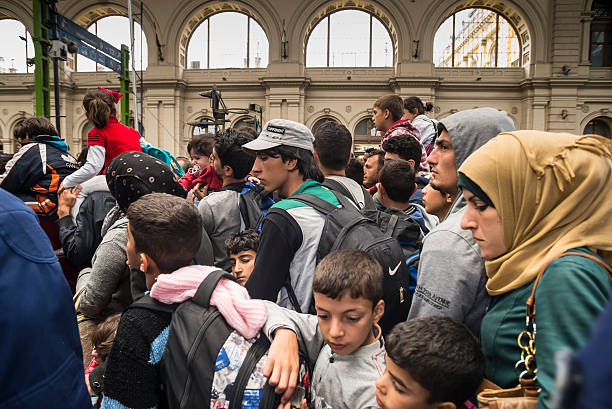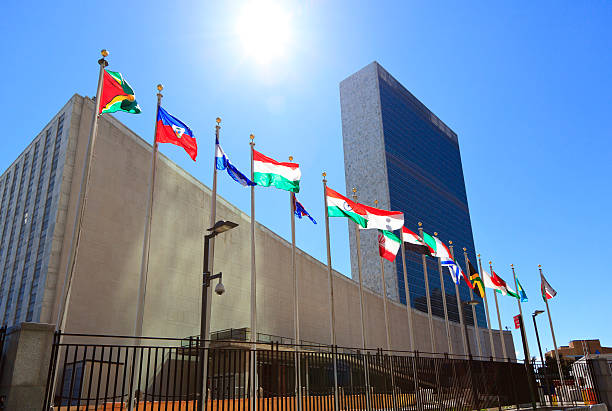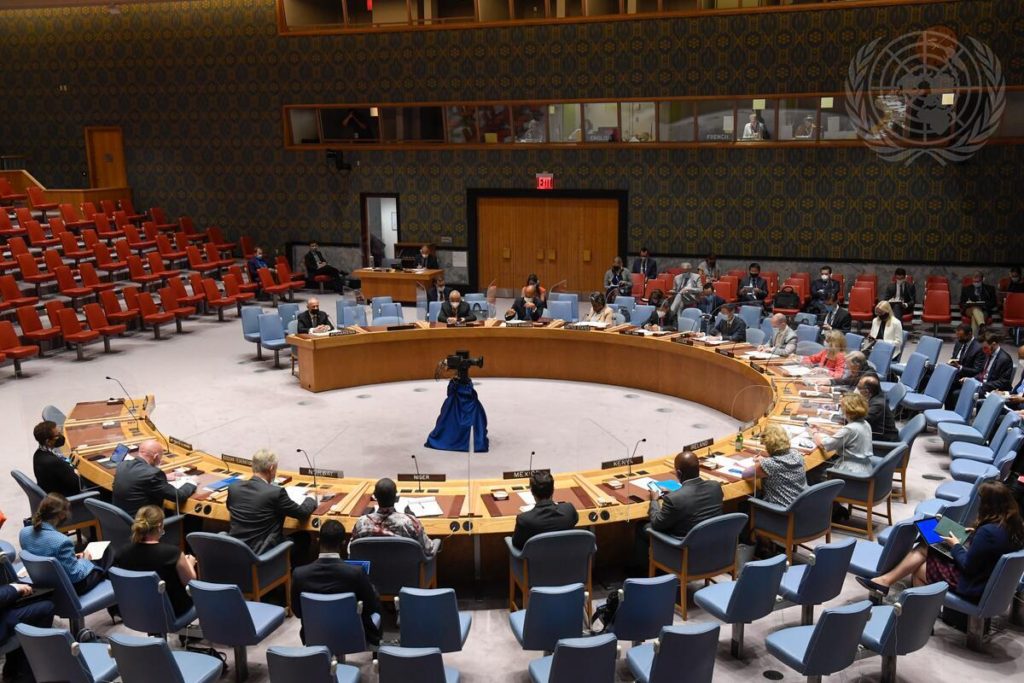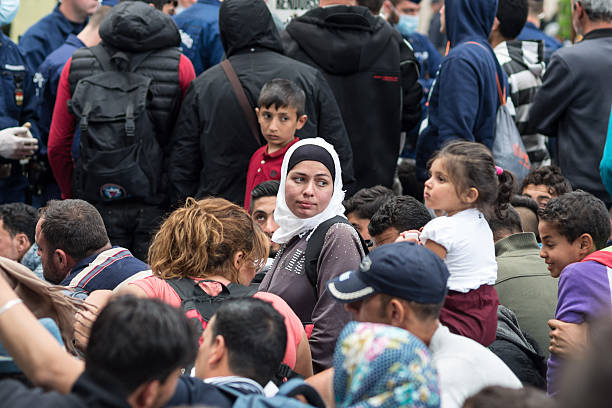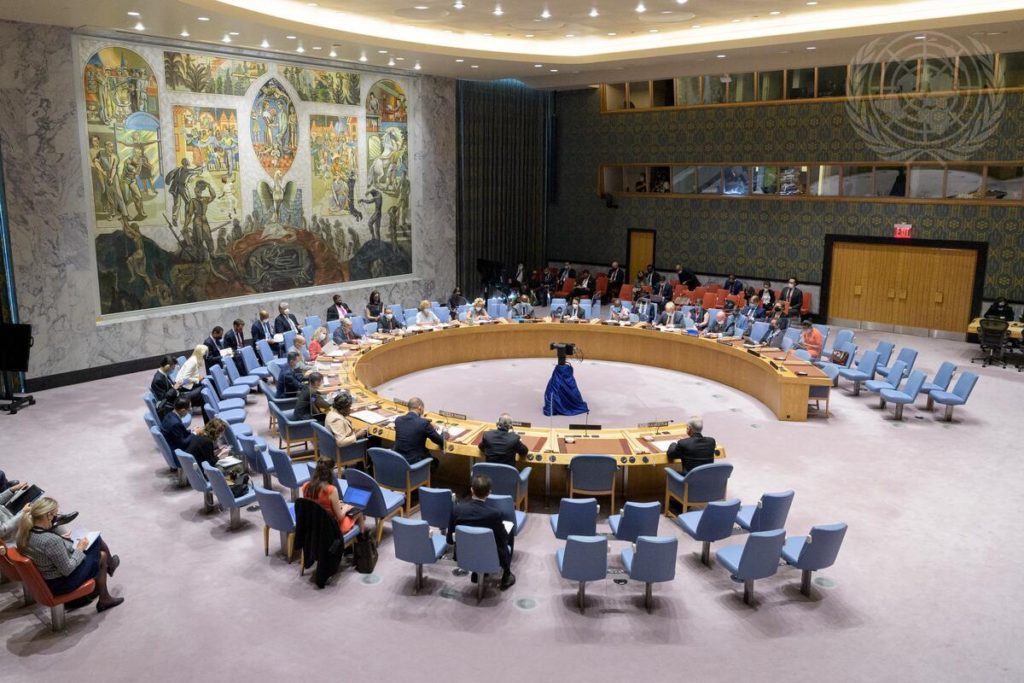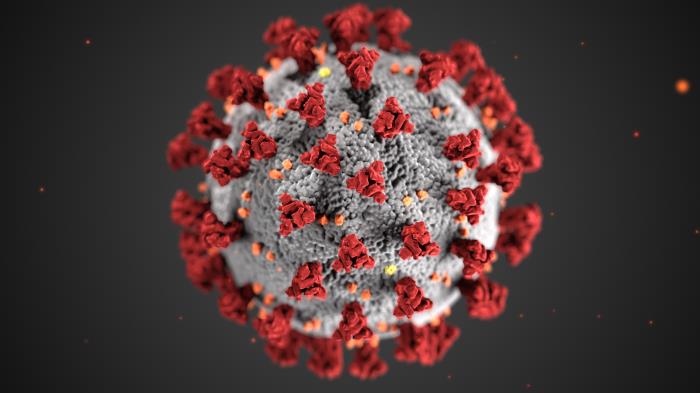UN chief not optimistic world situation can improve soon; warns terrorist groups may become more aggressive
New York, September 19 – International institutions lack “teeth” to fulfill their missions and even those that have them like the UN Security Council have “no appetite to bite,” UN Secretary-General António Guterres said in a wide-ranging interview on current world crises.
He pointed out that the World Health Organization, which is leading the fight against the Covid-19 pandemic, has no power to investigate the origins of the virus and deal with giant pharmaceutical companies to obtain global vaccines for all countries
“So, we need a strengthened multilateralism, it’s clear that only cooperating we can solve the problems,” Guterres told UN News before the UN General Assembly is to begin the 76th session’s general debate on September 21. “But the institutions we have, have no teeth. And sometimes, even when they have teeth, like in the case of the Security Council, they have not much appetite to bite.”
“We need a multilateral group of institutions network working together, because everything now is interlinked, and with more authority in order to be able to mobilize the whole international community to solve the problems that we face. “
The 15-nation UN Security Council is the highest political body in the UN system with authority to take action on peace and security matters. The five permanent members with veto power – the United States, Russia, France, the United Kingdom and China – are often divided on solving global crises.
Guterres said there is a lack of trust among the big powers in the council. “With this divide among the big powers, with this lack of trust, what we see is an environment of impunity, people think they can do whatever they want. “
The UN chief has issued an 80-page document called Our Common Agenda addressed to the General Assembly, which is a wake-up call on government leaders to take action against serious challenges threatening the world. He said the document helps to “detect the global commons and the global public goods that need improved governance and to work with member states to find mechanisms in order for that governments to be more effective for us to be able to prevent future pandemics, for us to be able to defeat climate change, for us to be able to address the dramatic inequalities in today’s world.”
Afghanistan
Guterres said the situation in Afghanistan is “unpredictable. We all want Afghanistan to have inclusive government. What happened in Afghanistan, might embolden now, terrorist groups or other rebel movements to become more aggressive.”
“We all want Afghanistan to respect human rights especially of women and girls. We all want Afghanistan never to be again a centre for terrorists, to have a safe haven; we all want Afghanistan to fight drug trafficking, but it is difficult to forecast what’s going to happen. It’s still unclear what’s going to happen.”
He said Afghanistan is facing an economic collapse and said the international community must find ways to inject some cash in the country’s economy. He said a collapse will have “devastating consequences in relation to the life of Afghans, and also provoking a massive exodus that, of course, will be a factor of instability in the whole region.”
World Health Organization lacks power to investigate Covid-19 origins
Guterres said the Covid-19 virus has defeated the world and it is still spreading in every country almost two years after with dramatic impacts on the lives of people, the economy and widening the gaps between rich and poor countries, between those vaccinated and those who cannot afford it.
“The world was not able to come together and to define a global vaccination plan, and bring the countries that can produce vaccines together, with the World Health Organization, with the international financial institutions, to then deal with the pharmaceutical industry and double the production, and make sure that there is an equitable distribution at the production. This cannot be done by a country alone; it needs to be done by all,” he said.
“The problem is that the multilateral institution we have now – which is essentially WHO – WHO has not even the power to obtain information about the situation. It does not have the power to investigate the origins of a disease.”
Climate change
“If you talk about climate, it is the same,” he said. “We are on the verge of the abyss. The truth is that our objective is very clearly fixed by the scientific community, that temperature should not go above 1.5 degrees until the end of the century.”
“We are risking not to be able to do it, because countries are not cooperating among themselves. There is a lot of mistrust between developed countries, developing countries. There is a north-south divide that is making it difficult for all to assume commitments, to reduce emissions, in order to have a drastic reduction the next decade or two and reach carbon neutrality in 2050.”
“Power today in the world is still essentially concentrated on men and with the male dominated culture,” Guterres said.
Guterres said gender equality remains a priority for the United Nations but he pointed what he called a “central question, which is a question of power.”
“Power today in the world is still essentially concentrated on men and with the male dominated culture.
And power is usually not given, power is taken,” he said. “So, we need women to fully fight for their rights and we need men that understand that only with full gender equality, the world will improve and the problems we solved.”
“We need those men, to engage effectively in the fight for gender equality. And on this question of power in the UN, as you know, we have now parity, equal number of women and men in 180 high ranking offices of the UN and in the leaders of our teams around the world, because we feel that if in the organs where the power exists, there is parity, this will inevitably have consequences, down the line.
So, we must have the same in governments, we must have the same in parliaments, we must have the same in all bodies. “
“We need to have women and men in full equality where decisions are taken, where power exists, to make sure that we change this unbalanced power relationship, that is the result of centuries of male domination and patriarchy. “
United Nations correspondent journalists – United Nations correspondent journalists – United Nations correspondent journalists – United Nations journalism articles – United Nations journalism articles – United Nations journalism articles – United Nations News – United Nations News – United Nations News




